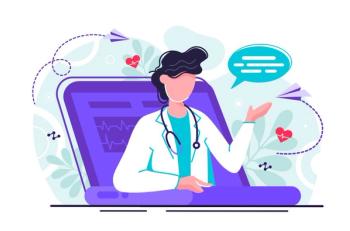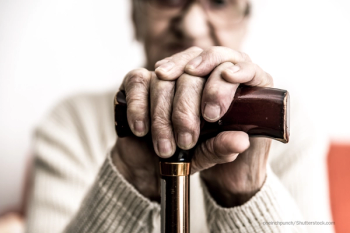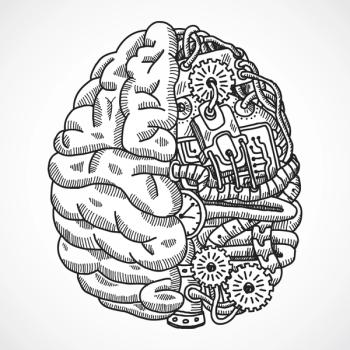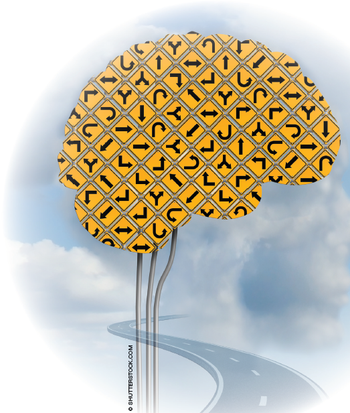
The COVID-19 pandemic has disproportionately affected people of color due to legal, social, and economic inequities.

The COVID-19 pandemic has disproportionately affected people of color due to legal, social, and economic inequities.

Cannabis use during pregnancy is associated with a host of negative outcomes.

At the heart of reopening is protecting both population health and economic health.

Having experienced psychosis herself, a psychologist wants us to rethink how we understand and treat this complex condition.

Veterans with chronic pain should consider reducing alcohol usage to combat symptoms.

Studies around the world are measuring the effects of the pandemic on children and adolescents.

With partisan political warfare, civil unrest, and the presidential race, how can mental health professionals assess and address “election anxiety”?

Abnormal glutamate and GABA levels may underlie cognitive deficits. A recent study investigated these associations in a large group of antipsychotic-naïve patients with first-episode psychosis.

Dak Prescott of the Dallas Cowboys spoke up about his mental illness and was questioned. Dr Calhoun argues his bravery should be commended, not criticized.

In many clinical situations to "do no harm" requires us to know what we know, know what we don’t know, and consult with a colleague who likely knows more than we do.

The chairman of Psychiatric Times' parent company, MJH Life Sciences, introduces the October issue.

Financial distress in patients with ADHD greatly increases risk of suicide. Read more.

The pandemic has brought into focus treatment barriers, disruption in care, and possibly negative outcomes in the mental health of university students. To better understand the specific challenges of out-of-state students, the authors conducted an anonymous national survey of college psychiatrists.

Schizophrenia is associated with an increased prevalence of alcohol use disorders. A post-hoc analysis of the clinical course of the 2 disorders is an important change in this understudied and often overlooked population.

Politics have gotten in the way of mask-wearing, and they should not.

A Psychiatrist Looks Back on His Career and Considers the Role of the Placebo Effect in Treatment.

The authors explore adjunctive treatments for MDD and their impact on overall medical costs and health care utilization.

Mental health providers who battle a pandemic may find that it unsettles their deepest sense of self.

Dr Cheng shares his experience with racism in the hopes that we can join together to create a better country for everyone.

Institutionalized racism is built into the very foundations of medical specialty organizations. The American Academy of Pediatrics recently issued an apology for said racism. Here is why other institutions should follow suit...

Throughout the centuries, we have continued to puzzle over our capacity for antisocial behavior

Do neurological signs at illness onset predict long-term outcome schizophrenia?

Practical tips for helping patients and simultaneously avoiding legal battles.

Strategies to remain calm under pressure; to be clear and concise; and to know what is expected in courtroom battles.

The pandemic hit everyone hard, but what implications and consequences has it had for the older generations?

The authors examine recent literature in order to assist psychiatrists in evaluating the findings and determining how to best put research findings into real-world practice.

In the early 20th century, British and American doctors looked for the causes of mental illnesses elsewhere in the body, with gruesome results.

The acute psychotomimetic effect of cannabis is transitory, but evidence indicates that the chronic use, especially if started in adolescence, contributes to the occurrence of schizophrenia.

What happens when a clinician has to give herself news she does not want to hear?

When working with older individuals with psychiatric symptoms, most clinicians are familiar with the adage “start low and go slow.” But what other tips should you consider when prescribing psychopharmacology?